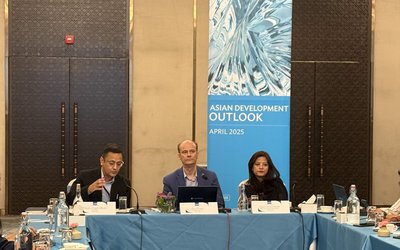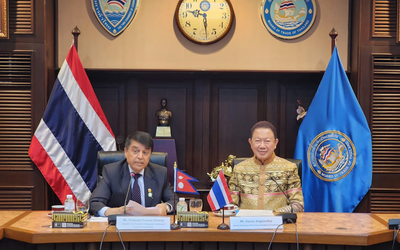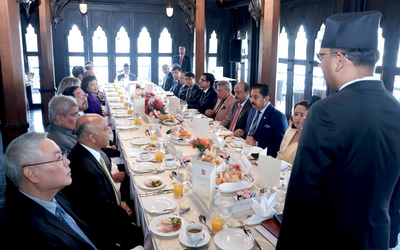More on Economy





Receiving threats from the Maoist affiliated trade union, multi-national chains KFC and Pizza Hut have finally decided to shut down their restaurants in Kathmandu. Despite several efforts of the Federation of Nepalese Chamber of Commerce and Industry, KFC and Pizza Hut have shown no indication they will resume their businesses.
With the uncertainty, the future of 180 workers of these two restaurants has now become uncertain as well. Following physical threats issued by Maoist related trade union, the management of KFC and Pizza Hut has decided to indefinitely shut down the outlets.
The mediation effort of FNCCI failed as the management of KFC and Pizza Hut were absent in the meeting. According to sources, the management side feared that the trade union will physically assault them. “As long as the government fails to address the issues of the trade union, no multinational will come to invest in Nepal,” said Haribhakta Sharma of Confederation of Nepalese Industries. “If our trade unions continue to threaten the multi-nationals, they will repatriate their investment, which will cause a major crisis to Nepal.”
Just a week after the issuance of physical threat against KFC and Pizza Hut, Maoist trade union shut down another multi-national Asian Paint’s factory. “These two incidents indicate that Nepal is unsafe for foreign investment. At a time when Nepal is celebrating the year 2012 as the Nepal Investment Year, the threat against the two multi-nationals showed that Nepal is unsafe to foreign investments. In partnership with Barun Beverage, Devyani International Nepal initially invested 110 million rupees in the restaurant. Later on it expanded its services to Thapali, adding 90 million rupees to the investment.
“Although we have already called two rounds of talks, they did not materialize because of absence of representatives from KFC and Pizza Hut. We suspended the talks following lack of representation from the restaurants,” said Yegyaman Shakya, member of FNCCI.
Not only multinational companies, even the Nepalese industries are suffering from regular strikes and shutdowns. In the last one decade, many Nepalese industries have already shut down due to the trade union disputes. Only recently, trade unions used physical threat to press the management with their demands.
“What has happened at the KFC and Pizza Hut reflects the poor and inglorious state of the Nepalese trade unions. Lack of political and socio-economic foresight has brought about this disaster. If this is to continue, no one will be willing to invest a single paisa in the Nepalese economy. Foreign investors will not do it and the Nepalese investors are very wary and unwilling to do so. So, how do the Maoist unions realize the tall claims of their leaders who have gone on record saying they want to bring about a ten per cent growth in the economy,” said an observer.
The power crisis, radical trade unions, political instability and deteriorating law and order coupled with undisciplined labor, have made the future of Nepalese industries bleak. The time has come for Nepal’s political leaders to think about the consequences of all these to the general people.




